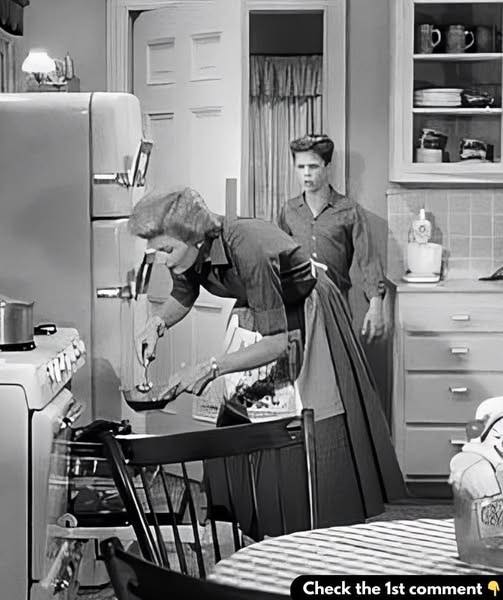
“Leave It to Beaver” is a quintessential American sitcom that charmed viewers from 1957 to 1963, offering a warm glimpse into suburban life in the fictional town of Mayfield. At the heart of the show is the youngest Cleaver son, Theodore “Beaver” Cleaver, portrayed by Jerry Mathers, whose innocent curiosity often lands him in amusing predicaments. Alongside him is his older brother, Wally, played by Tony Dow, whose guidance and brotherly wisdom help steer Beaver through childhood’s ups and downs.
The Cleaver parents—Ward and June, brought to life by Hugh Beaumont and Barbara Billingsley—embody patience, kindness, and practical wisdom, offering gentle lessons on morality, responsibility, and everyday life. Each episode captures the small yet meaningful adventures of the family, highlighting the humor, love, and enduring bonds that make the Cleavers a model of idealized family life. From mischievous mishaps to tender family moments, the series resonates with authenticity and heart, securing its place as a cherished piece of American pop culture.
Praised for its realistic portrayal of childhood and adolescence, “Leave It to Beaver” cleverly addresses everyday family challenges with warmth and levity. The show’s sharp dialogue, endearing characters, and relatable situations have allowed it to stand the test of time, influencing countless family sitcoms that followed.
Although it is firmly rooted in the 1950s and 60s, the themes of family, friendship, and growing up remain universal. Its timeless appeal has led to global syndication, a reunion movie, a sequel series, and several spin-offs, ensuring the Cleaver legacy continues to touch new generations. For many, “Leave It to Beaver” is more than entertainment—it is a comforting reminder of simpler times, timeless family values, and the enduring power of love, respect, and understanding within the home.


